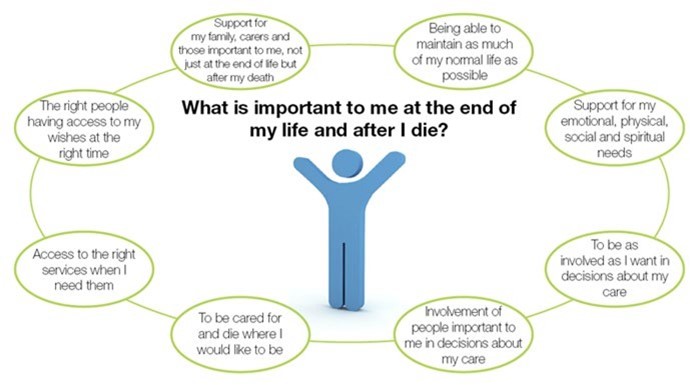A nurse is providing teaching to a client about directives regarding end-of-life care. Which of the following information should the nurse include in the teaching?
The living will is a legally binding contract between the client and the provider.
The client's family has the authority to revoke the do-not-resuscitate order at any time.
The client can verbally choose a healthcare proxy if two nurses witness the designation.
The client can choose a non-family member as the designated power of attorney.
The Correct Answer is D
When educating a client about end-of-life directives, it is important for the nurse to provide accurate information to ensure the client's wishes are respected.
A living will is a legal document that outlines a person's wishes for medical treatment in the event they are unable to communicate their desires themselves. It is not a contract between the client and the provider, but rather a tool to guide medical decision-making.
A do-not-resuscitate order can be revoked by the client or their legal representative, but not by the client's family alone. In most states, the designation of a healthcare proxy must be done in writing and signed by the client.
It is not necessary for two nurses to witness the designation, although the client may choose to have witnesses present. Finally, the client can choose anyone they trust to be their designated power of attorney, regardless of whether they are a family member or not.

Nursing Test Bank
Naxlex Comprehensive Predictor Exams
Related Questions
Correct Answer is C
Explanation
State health departments are responsible for monitoring and reporting communicable diseases within their respective states to the Centers for Disease Control and Prevention. Lyme disease is a nationally notifiable disease, which means that cases must be reported to the Centers for Disease Control and Prevention by the state health department.

Correct Answer is C
Explanation
Extension cords are designed for temporary use and should not be used as a permanent solution for providing power to appliances and other electrical devices. Instead, clients should use outlets that are conveniently located near their appliances. Overuse of extension cords can create tripping hazards and increase the risk of electrical fires. It is also important for clients to avoid running cords under carpets or rugs, as this can cause the cords to overheat and increase the risk of electrical fires.
Finally, clients should be advised to unplug appliances by gripping the plug and pulling it out of the outlet, rather than pulling on the cord.
Whether you are a student looking to ace your exams or a practicing nurse seeking to enhance your expertise , our nursing education contents will empower you with the confidence and competence to make a difference in the lives of patients and become a respected leader in the healthcare field.
Visit Naxlex, invest in your future and unlock endless possibilities with our unparalleled nursing education contents today
Report Wrong Answer on the Current Question
Do you disagree with the answer? If yes, what is your expected answer? Explain.
Kindly be descriptive with the issue you are facing.
